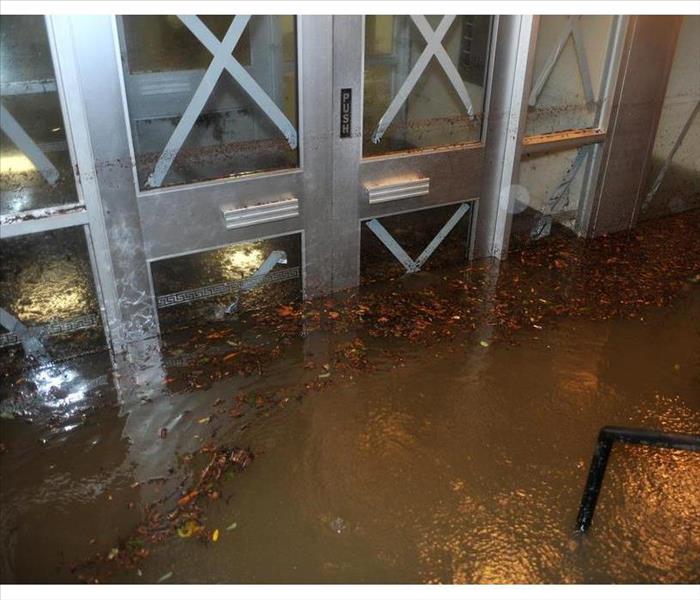The Best Tips for Avoiding Long-Term Flood Damage
9/10/2020 (Permalink)
It can be difficult to recover from the effects of flooding. Once water seeps into your business in Denver, CO, you are left to deal with water-logged furniture, damaged insulation, ongoing leaks, and many other problems. There are some tips you can use to restore your business to its former condition.
What Flood Water Does to Your Business
Flood damage comes in many forms, and there are more causes of concern than property destruction. For one, flood water is classified as black water and contains a range of contaminants such as sewage and bacteria. Some ways to protect your employees from these contaminants include:
- Using personal protective equipment such as eyewear and gloves
- Safely removing damaged furniture from the property
- Hiring an inspector to search for damage in vents, insulation, and other unseen areas
As a high-risk material, black water should be handled by a professional team. Until an inspection and cleaning can be carried out, you should close off damaged areas of your business from your employees.
How to Recover From a Flood
Professional storm remediation teams can help your business recover from flooding. In addition to having the tools to properly dry and repair impacted areas, a team also has the expertise to determine if the company is salvageable. Furniture or insulation may be so severely damaged by black water that the safest choice is to dispose of them. This will prevent further damage to your business in the form of mold growth.
Reducing the Severity of Damage
While flooding can cause immediate damage to your business, other effects can take a while to manifest. The contaminants in flood water can promote bacterial growth and cause major financial losses down the line. It is important to have your business, even before a flood occurs. In identifying potential weak spots, you can safeguard the property so that the flood damage is much less severe.





 24/7 Emergency Service
24/7 Emergency Service
